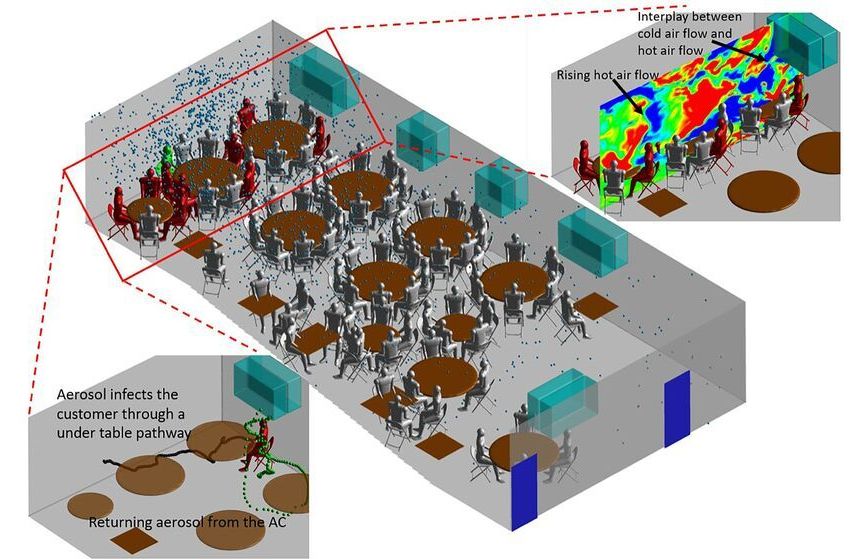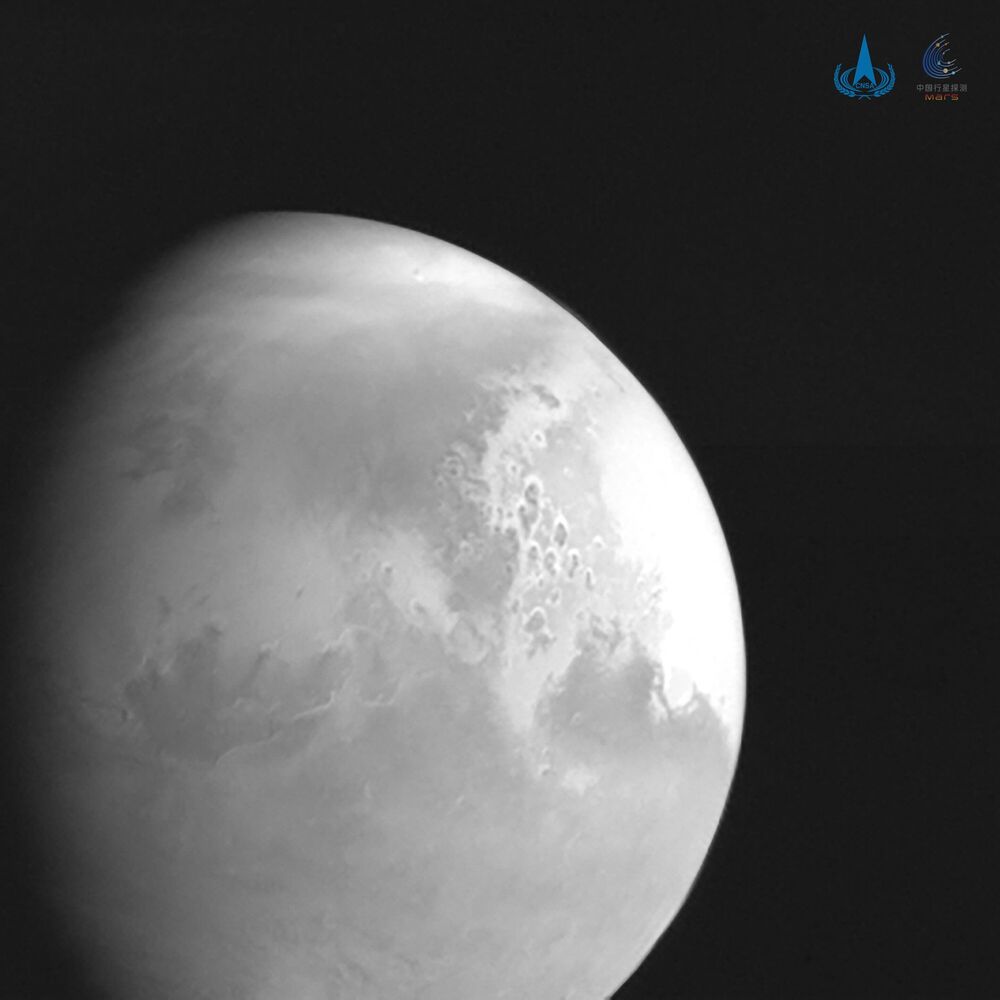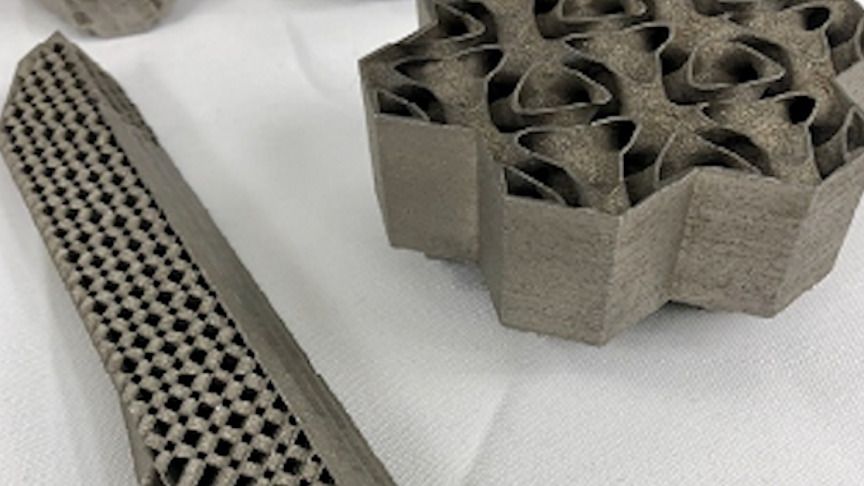Ethical hacker Alex Birsan developed a way to inject malicious code into open-source developer tools to exploit dependencies in organizations internal applications.



Flip flops from plants. 😃
Researchers at the University of California San Diego have figured out how to turn algae into flip flops. They founded a startup to sell the shoe, but face a challenge in getting their invention mass produced: There aren’t enough algae farms to support the startup’s supply chain.
MORE WORLD WIDE WASTE VIDEOS:
How Avocado Waste Is Turned Into Plastic | World Wide Waste.
This $500 Designer Handbag Is Made From Aluminum Cans | World Wide Waste.
https://www.youtube.com/watch?v=GHYGvCxsmuc.
How Old Tires Are Turned Into Electricity | World Wide Waste.
#Algae #Pollution #BusinessInsider.
Business Insider tells you all you need to know about business, finance, tech, retail, and more.

Solar powered bikes for use in fighting poaching. 😃
What’s even more badass than defending endangered animals from illegal poaching? How about rolling up on a stealthy solar-powered bush bike made specifically to sneak up on poachers and bust their asses? These electric motorcycles are light, nimble, rechargeable and best of all zero-emissions. Get wrecked, poachers!
NASA’s rover must plow through Mars’ atmosphere at supersonic speeds, deploy a parachute to slow itself, then fly to safety with a jetpack.

The detailed physical processes and pathways involved in the transmission of COVID-19 are still not well understood. Researchers decided to use advanced computational fluid dynamics tools on supercomputers to deepen understanding of transmission and provide a quantitative assessment of how different environmental factors influence transmission pathways and airborne infection risk.

From “Star Trek” replicators to Richie Rich’s wishing machine, popular culture has a long history of parading flashy machines that can instantly output any item. While 3D printers have now made it possible to produce a range of objects that include product models, jewelry, and novelty toys, we still lack the ability to fabricate more complex devices that are essentially ready-to-go right out of the printer.
Like.
The UAE’s orbiter reaches Mars on Tuesday, followed less than 24 hours later by China’s orbiter-rover combo. NASA’s Perseverance rover is due to land on February 18.
